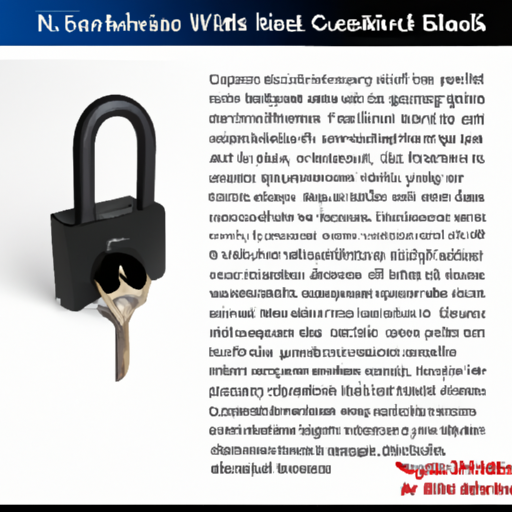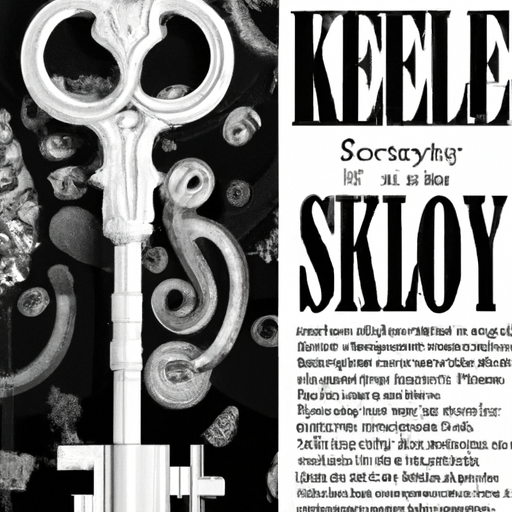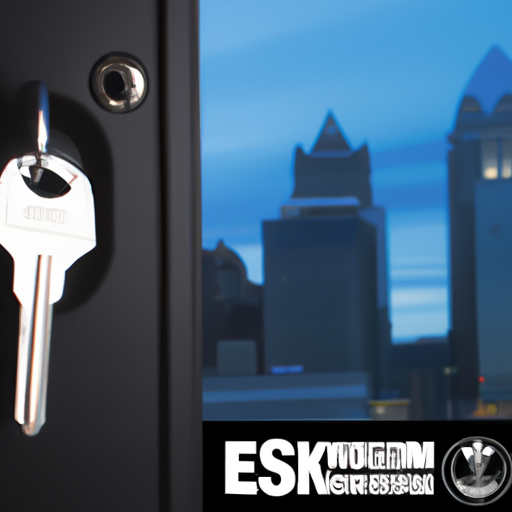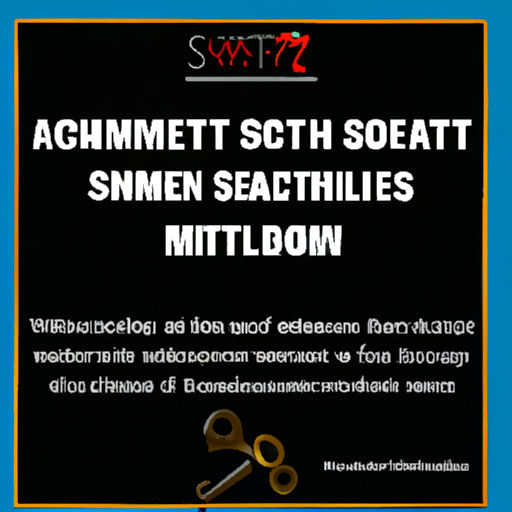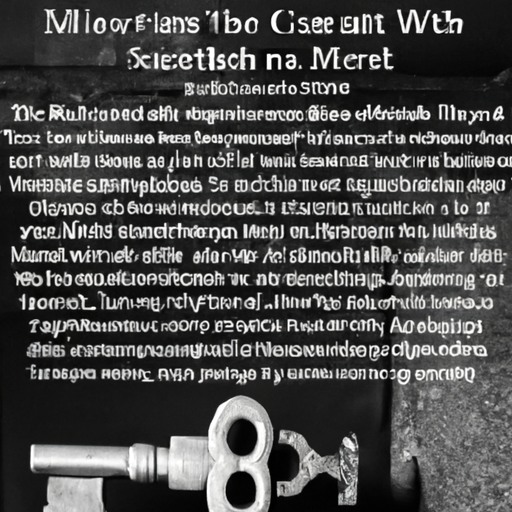
In this article, you will learn about the capabilities of locksmiths when it comes to repairing antique locks. If you have valuable antique locks that are no longer functioning properly, you may be wondering if it is possible to have them repaired instead of replacing them entirely. The good news is that locksmiths are typically well-equipped and knowledgeable enough to handle the repair of antique locks, preserving their historical value and functionality.
Locksmiths have the necessary skills and expertise to repair various types of locks, including antique ones. With their knowledge of different lock mechanisms and their experience in working with different styles and eras of locks, they can assess the condition of your antique lock and determine the necessary repairs. Whether it requires cleaning, lubrication, replacing worn components, or adjusting the mechanism, locksmiths have the tools and know-how to restore antique locks to their original working condition. So if you have a cherished antique lock that is in need of repair, don’t hesitate to reach out to a professional locksmith who can help you preserve its historical value.
What are antique locks?
Antique locks are locks that are over a hundred years old and are considered valuable in terms of their historical significance and craftsmanship. These locks were often handcrafted and made from high-quality materials, such as brass or iron. They typically possess unique design elements and intricate mechanisms that reflect the craftsmanship of their time.
Definition of antique locks
Antique locks are locks that have been produced during a specific period in history and are considered collectible or of historical interest. The precise definition of what constitutes an antique lock may vary, but generally, they are locks that were manufactured before the 20th century.
Characteristics of antique locks
Antique locks possess certain distinguishing characteristics that set them apart from modern locks. They often feature elaborate designs and intricate craftsmanship, showcasing the skill and artistry of the time period in which they were created. They may also have ornate keyhole covers or unique mechanisms that add to their aesthetic appeal.
Types of antique locks
There are various types of antique locks, each with its own distinct features and characteristics. Some common types include:
-
Padlocks: These are portable locks that are not attached to a specific door or surface. They typically have a U-shaped shackle that locks into place, securing the item it is attached to.
-
Mortise locks: These locks are typically installed in doors and are composed of a rectangular lock body that fits into a mortise, or cavity, in the door.
-
Lever locks: Lever locks are characterized by their lever mechanisms, where the lock operates by lifting levers to specific heights using a key.
-
Rim locks: Rim locks are surface-mounted locks that are typically attached to the inside surface of a door.
-
Furniture locks: These locks are specifically designed for securing furniture, such as chests, drawers, or cabinets.
Can locksmiths repair antique locks?
Yes, locksmiths can repair antique locks. However, repairing antique locks requires a specific set of skills and specialized tools due to the delicate and intricate nature of these locks.
Skills required to repair antique locks
Repairing antique locks requires locksmiths to have a deep understanding of lock mechanisms and the ability to work with precision. They must be knowledgeable about the different types of antique locks and their specific repair requirements. Patience and attention to detail are also important skills when working with antique locks.
Specialized tools for repairing antique locks
Locksmiths who specialize in antique lock repairs often have a collection of specialized tools that are specifically designed for working on these locks. These tools may include delicate picks and tension wrenches for manipulating individual components, as well as small brushes and lubricants for cleaning and lubricating the locks.
Challenges faced by locksmiths in repairing antique locks
Repairing antique locks can be challenging due to several factors. These locks are often made with materials that have aged and may be fragile or brittle. Over time, the mechanisms may have become worn or damaged, making it difficult to accurately diagnose and repair issues. Additionally, finding replacement parts for antique locks can be a challenge as they may no longer be in production.
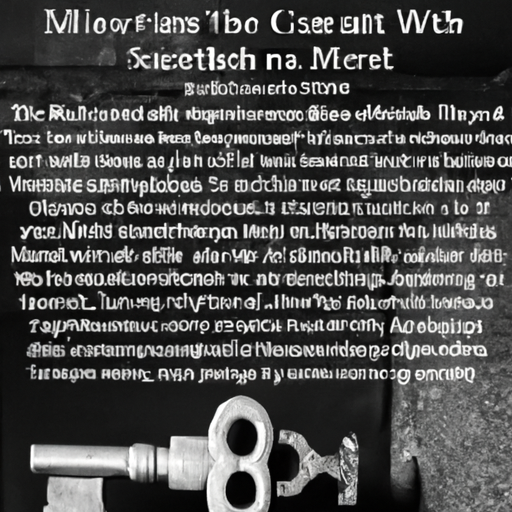
Benefits of choosing a locksmith to repair antique locks
When it comes to repairing antique locks, choosing a locksmith who specializes in working with antique locks is highly beneficial. Here are some reasons why:
Expertise in handling delicate and intricate mechanisms
A locksmith specializing in antique locks has the necessary expertise to handle the delicate and intricate mechanisms of these locks. They understand how these locks were designed and can navigate through the complexities of their internal workings. Their experience allows them to diagnose issues accurately and perform repairs without causing further damage to the lock.
Preservation of historical value
Antique locks hold historical value, and it is important to preserve them in their original condition. A specialized locksmith understands the significance of these locks and takes the necessary measures to retain their historical integrity during the repair process. They are trained to handle the locks carefully, ensuring that any repairs made are in line with the lock’s original design.
Preservation of original materials
Antique locks often use unique materials that may no longer be readily available. A locksmith who specializes in antique lock repairs understands the importance of preserving these original materials. They will make every effort to repair the lock using the existing components and will only consider replacing parts if necessary. This approach helps maintain the lock’s authenticity and value.
Process of repairing antique locks
The process of repairing antique locks typically involves the following steps:
Assessment and evaluation of the lock
The locksmith will carefully assess the lock’s condition, examining its internal components, and identifying any issues or damage. This evaluation helps determine the extent of the repairs required and guides the locksmith in developing a suitable repair plan.
Cleaning and lubricating the lock
Before proceeding with any repairs, the locksmith will thoroughly clean the lock to remove dirt, dust, and any other debris that may be hindering its operation. They will also apply a suitable lubricant to ensure smooth movement of the lock’s components.
Repairing or replacing damaged parts
Once the lock has been cleaned and lubricated, the locksmith will address any specific issues or damage. They may need to repair or replace broken or worn-out components, such as springs, levers, or pins, to restore the lock’s functionality. The locksmith will aim to use original parts whenever possible to maintain the lock’s authenticity.
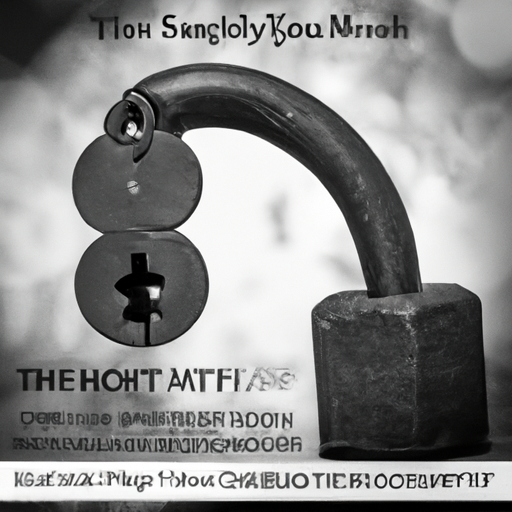
Common issues with antique locks
Antique locks, like any mechanical device, can experience various issues over time. Some common problems with antique locks include:
Rust and corrosion
Due to their age, antique locks can be prone to rust and corrosion. Moisture, humidity, and exposure to the elements can cause the lock’s metal components to deteriorate. A locksmith can clean and treat these components to remove rust and prevent further damage.
Broken or stuck key
Antique locks may develop issues that prevent the key from turning or getting stuck inside the lock. A locksmith can diagnose the cause of the problem and repair or replace the key or internal components to restore smooth operation.
Worn out or damaged mechanisms
Over time, the internal mechanisms of antique locks can become worn or damaged, leading to difficulties in locking and unlocking the device. A locksmith can repair or replace these worn-out or damaged mechanisms to restore the lock’s functionality.
Finding a reliable locksmith for antique lock repairs
When searching for a locksmith to repair your antique locks, consider the following steps:
Researching local locksmiths
Start by researching locksmiths in your local area who specialize in antique lock repairs. Look for locksmiths with experience and expertise in handling antique locks.
Checking for experience with antique locks
Ensure that the locksmith you choose has experience working with antique locks. Inquire about their specific knowledge and skills in this area.
Reading reviews and testimonials
Read reviews and testimonials from previous customers to gauge the locksmith’s reputation and quality of work. Positive reviews from customers who have had their antique locks repaired can indicate the locksmith’s reliability and expertise.
How to maintain and care for antique locks
Proper maintenance and care can go a long way in ensuring the longevity and functionality of antique locks. Here are some tips to maintain and care for your antique locks:
Regular cleaning and lubrication
Regularly clean your antique locks using a soft cloth and a mild cleaner. Avoid using harsh chemicals that can damage the lock’s finish or components. After cleaning, apply a small amount of lubricant to the lock’s moving parts to ensure smooth operation.
Avoiding harsh cleaning agents
When cleaning your antique locks, avoid using abrasive or acidic cleaners that can damage the lock’s surface or remove its patina. Stick to mild cleaners specifically formulated for cleaning metal surfaces.
Protecting against environmental factors
To protect your antique locks from environmental factors such as moisture and humidity, consider placing them in a controlled environment, such as a display cabinet or a room with regulated temperature and humidity levels. This can help prevent rust or corrosion and prolong the lifespan of the lock.
Alternative options for antique lock repairs
In some cases, alternative options may be considered for repairing antique locks:
Restoration by specialized craftsmen
For valuable or highly intricate antique locks, restoration by specialized craftsmen may be an option. These craftsmen have extensive knowledge and skills in working with antique locks and can restore them to their original condition.
DIY repairs for minor issues
For minor issues or maintenance tasks, such as cleaning or lubricating the lock, you may choose to perform DIY repairs. However, exercise caution and ensure you have the necessary knowledge and skills to work on antique locks safely.
Replacement with replica locks
In some cases, if a lock is severely damaged or beyond repair, you may consider replacing it with a replica lock. Replica locks can closely resemble the original and provide a functional alternative while preserving the aesthetic appeal of antique doors or furniture.
Conclusion
Locksmiths possess the necessary skills and tools to repair antique locks, ensuring their functionality and preservation. By choosing a reliable locksmith with expertise in antique lock repairs, you can maintain the historical value and integrity of your antique locks. Proper maintenance and care, alongside regular inspections and repairs, can prolong the lifespan of antique locks and prevent common issues. So, if you have a treasured antique lock in need of repair, trust the expertise of a specialized locksmith to handle the task with care and precision.
